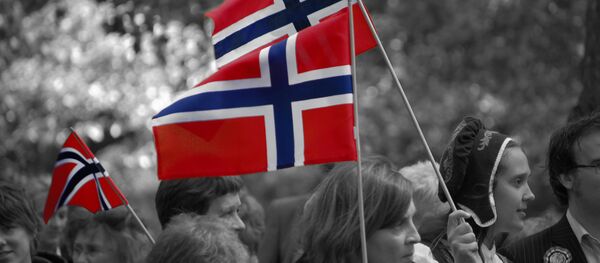René Cuperus, senior researcher at the socialist-democratic think tank Wiardi Beckman Foundation, believes it is difficult to imagine how the disheartened Dutch socialists will rise again.
"Of course, they will not die out and disappear completely, but the party can become so marginalized that any ambition to bridge the gaps between different groups in society no longer makes sense," René Cuperus told the Norwegian daily Aftenposten.
In the Netherlands, like many other EU nations, immigration issues permeate the election debate and are regarded as a litmus paper.
"It seems as if a cultural war was going on around Islam and immigration, and it rages in the midst of labor parties. Once you tighten the rhetoric, the highly educated elite runs away. Are you too lax, you lose working-class voters," Cuperus said.
Cuperus explained that the social democrats received the blame for large-scale immigration opened by multinational companies, after emerging as the immigrants' foremost defenders from right-wingers. According to Cuperus, the debate was dominated by an excessive political correctness, which made many voters frustrated.
"We have failed to do a good job on integration. Too many have ended up in the welfare system instead of the labor market, and we were too quick to label people taking up these issues as fascists or racists," Cuperus told Aftenposten.
"I do not like the Labor. They are only concerned with helping immigrants and refugees. They do no good for ordinary people, although many need help," Jim Hoffmeister told Aftenposten.
Even if the Labor's fall in the Netherlands has been deeper than in other parts of Europe, it follows a broader trend. Since the 1980s, popular support for social democratic parties in Southern and Western Europe has fallen from 31.3 to 21.5 percent amid an increasingly fragmented political landscape, according to Simon Hix, a professor from the London School of Economics.
The most illustrative examples of red breakdown, however, are Greece and Iceland. In Greece, The Panhellenic Socialist Movement (PASOK), which was one of the country's major electoral forces for decades, collapsed entirely in the early 2010s, after most voters switched allegiance to left-wing Syriza. PASOK went from being the largest party with 43.9 percent of the popular vote in the 2009 election to being the smallest party with only 4.7 percent of the popular vote in the January 2015 election. In Iceland, the Social Democrats fell to only 5.6 percent of the vote after enjoying the support of over 30 percent in the 2000s.
Never miss a story again — sign up to our Telegram channel and we'll keep you up to speed!






